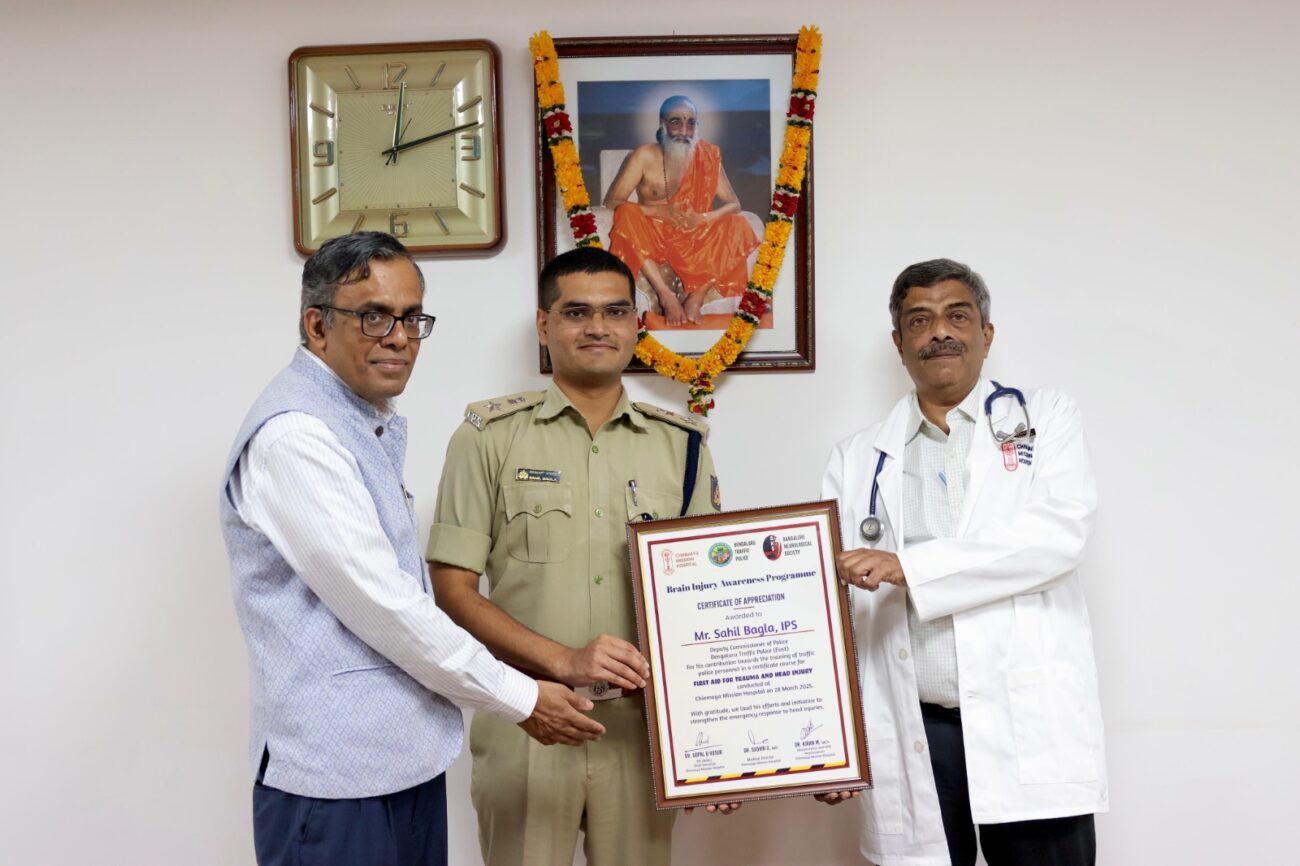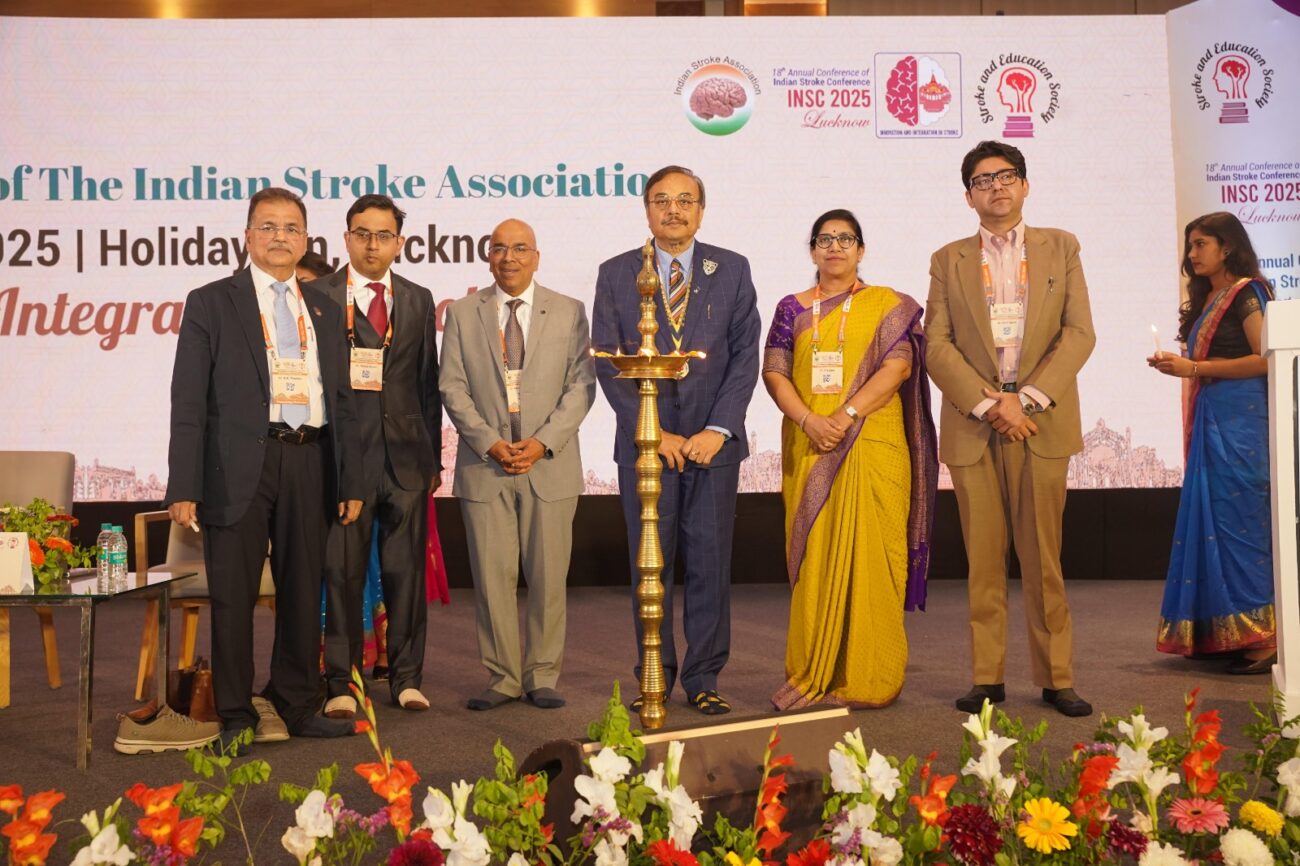Metropolis Healthcare Limited establishes Innovation Cell to focus on Molecular Genomics, Superspeciality Pathology & Companion Diagnostics
~Introduces specialised tests for Non-Invasive Genetic Assessments for Pregnancy Management that can aid in early detection of chromosomal abnormalities~ ~ Launches BRCA1/BRCA 2 Genetic testing for Hereditary Breast and Ovarian Cancer (HBOC), and Molecular Oncology pipeline

~Introduces specialised tests for Non-Invasive Genetic Assessments for Pregnancy Management that can aid in early detection of chromosomal abnormalities~
~ Launches BRCA1/BRCA 2 Genetic testing for Hereditary Breast and Ovarian Cancer (HBOC), and Molecular Oncology pipeline for Lung and common cancers~
In keeping with its commitment to ensure access to high quality, advanced, and cost-effective diagnostic testing for all, Metropolis Healthcare Ltd. a leading diagnostic service provider today announced the launch of Metropolis Innovation Cell focusing on Molecular Genomics, Superspeciality Pathology and Companion Diagnostics. Under Innovation Cell, Metropolis is introducing various specialized tests related to Pregnancy, Cancer, Infectious Diseases and Transplant Management.
Commenting on the establishment of Metropolis Innovation Cell, Ms. Ameera Shah, Promoter and Managing Director, Metropolis Healthcare Limited said, “As the Innovation and R&D arm of the organization, Metropolis Innovation Cell will focus on the pursuit of fundamental scientific discoveries to catalyze optimal patient management. This in turn will fuel the company’s vision and mission of being the most trusted scientific brand and deliver inner health information with compassion, expertise, and honesty to proactively engage with patient and clinicians. To further our long-term goals in these areas, we will continue to invest in strengthening our scientific capabilities and expanding our infrastructure to serve patients across the country.”
“Metropolis has always been at the forefront in clinical validation of technologies, tests and platforms that directly ensure an accurate timely diagnosis to the patient, including Digital Pathology (Whole Slide Imaging), FDA approved Immunotherapy, targeted therapy biomarkers, liquid biopsy, medical genetics, analytical chemistry, pharmacogenomics, COVID diagnostic & prognostic assays etc. After impacting millions of patients, we want to nurture and expand the scope for Oncology, Prenatal testing, Transplant Immunology, Infectious and Chronic Diseases through Next Generation Sequencing and Artificial Intelligence”, says Dr. Kirti Chadha, Chief Scientific Officer, Metropolis Healthcare Ltd.
___________________________________________________________________________
Pregascreen – Comprehensive Maternal Screening Solutions and NextGen NIPT – Non-Invasive Prenatal Screening Test (NIPS):
Worldwide, the estimated incidence of Down Syndrome is between 1 in 1,000 to 1 in 1,100 live births. In India alone, it occurs in approximately 1 out of 830 live births, as per the Down Syndrome Federation of India. Therefore, this needs timely, cost-effective, and accurate intervention.
Maternal first and second trimester screening helps diagnose this condition and other chromosomal disorders early in pregnancy. However, there is a 5% false positivity with the existing maternal biomarker screening tests. This creates unwanted anxiety and stress to the expecting couples. To bridge this gap, Metropolis has introduced the concept of Pregascreen which is an accurate and comprehensive maternal screening that can help clinicians and expecting couples arrive at the correct decision in a timely manner.
Pregascreen is India’s first holistic comprehensive maternal screening method, which stems from the concept of ‘Reflex testing’, that was pioneered by Metropolis several years ago. The concept of Reflex testing helps to provide Comprehensive & Conclusive Diagnosis for treatment, saves time and reduces additional cost burden to patients. In a pilot study conducted by Metropolis Healthcare for over a period of one year (prior to this launch), around 2.7% pregnant women were detected as high risk on standard dual and quadruple marker maternal screening among 51,574 pregnant women who underwent the Pregascreen ®️ testing. These women and clinicians then had the opportunity for NIPT or confirmation by karyotyping at no additional cost & their discretion; this reflex conclusive testing yielded a true high risk or confirmed chromosomal abnormality positivity of only <0.5%. Hence a large cohort of population had access to a high-end test at low cost for optimal clinical management.
Metropolis’ NextGen NIPT- Non-Invasive Prenatal Screening test is a more advanced method for prenatal screening that uses circulating DNA from maternal blood and advanced genomics platforms of Next Generation Sequencing (NGS) combined with bioinformatics algorithms to predict the risk of chromosomal disorders such as Down’s syndrome (T21), Edward Syndrome (T18), Patau Syndrome (T13), Turner’s syndrome (Monosomy X) etc., more accurately than traditional maternal biomarker screening tests.
Molecular Oncology – Breast and Ovarian Cancer- NextGen BRCA by Metropolis
Hereditary Breast and Ovarian Cancer (HBOC) is defined as ‘’an autosomal dominant inherited condition in which the risk of breast cancer (particularly before the age of 50 years) and ovarian cancer is higher than normal’’. Most cases of HBOC syndrome are caused by certain mutations in BRCA1 or BRCA2. About 7% of breast cancers and 15 % of ovarian cancers are caused by mutations in BRCA genes. There is a high prevalence of pathogenic germline mutations in Indian patients with breast or ovarian cancer with published indices ranging from 20 – 25% including a study by Metropolis and national oncology centres of excellence. The critical information about the BRCA status is extremely essential not only for surveillance and screening but also to ensure that the targeted therapy is available to these BRCA patients for both Breast and Ovarian Cancer; and also, for Prostate Cancer in men where it has spread, or metastasized and whose disease has stopped responding to standard hormone treatments, often called castration-resistant disease.
Molecular Oncology – Lung
Lung cancer is the most frequent cause of mortality worldwide, with an estimated 40% of cancer-related deaths. In India, lung cancer constitutes 6.9 per cent of all new cancer cases and 9.3 per cent of all cancer related deaths in both sexes. Overall survival of patients with Non-Small Cell Lung cancer has been historically poor, with a 5-year survival of 24% for all patients and 5.5% for those with distant metastases. The 5-year relative survival rate for metastatic disease is approximately 6% when patients receive historic cytotoxic chemotherapy regimens.
However, the silver lining is the presence of oncogenic driver mutations in 75% lung cancer patients, most common being EFGR (Epidermal Growth Factor Receptor) in 25% making them eligible for newer targeted therapies or immunotherapies lifting the 5-year survival rates to a miraculous 15% to 50%, depending on the biomarker. This excellent impact of molecular signature on patient survival makes it essential to test as many patients as possible by NGS in the quest to detect the actionable mutation, the biomarker for companion diagnostics.
Commenting on the launch of new tests, Dr. V Kavita, Sr Consultant & Chief of Laboratory Services (Tamil Nadu, Andhra Pradesh & Telangana), Metropolis Healthcare said: “We have a strong track record of introducing specialized tests in the diagnostic industry over the last 40+ years. Our focus is to build our capabilities in different areas and constantly look out for more opportunities to offer ‘affordable’ testing to patients even in tier 2 and tier 3 cities across the country. With a widespread operational network and with a robust marketing and sales operations in India, we have been continuously engaging with clinicians, hospitals, and healthcare industry associations through a series of CMEs, webinars, and round table meetings to share and exchange information on diagnosis and tests. In addition to this, with the support of automation and digitization, we facilitate smart reports to clinicians for better and effective clinical decision-making. “






